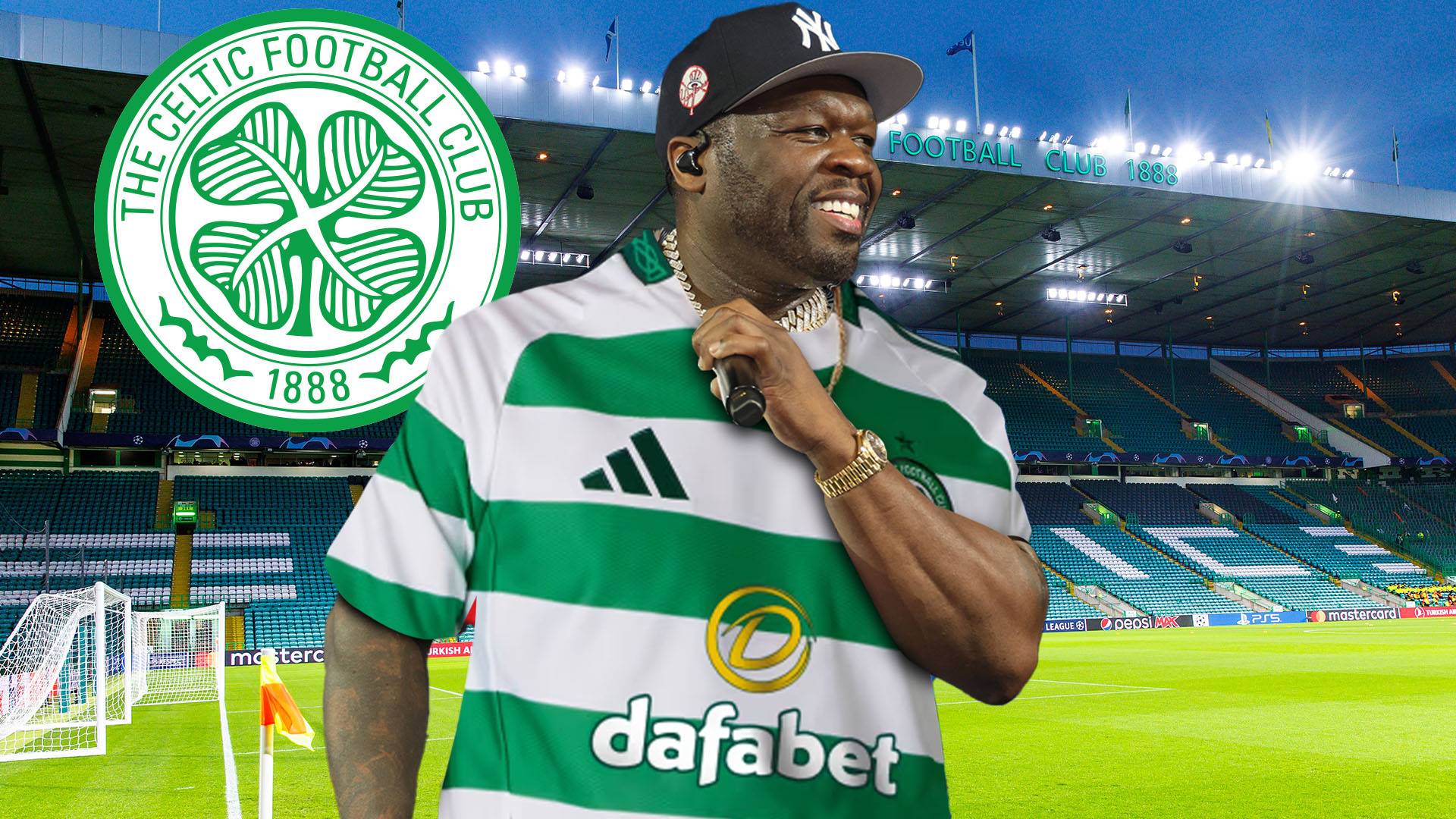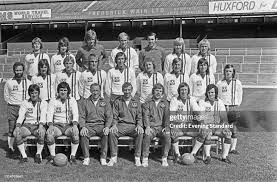Introduction
Celtic Football Club, based in Glasgow, Scotland, is a name synonymous with footballing excellence and a historical cultural legacy. Founded in 1887, the club has become a vital part of not only Scottish football but also the global footballing landscape. With a passionate fan base known as the
‘Bhoys’, Celtic’s rich history is intertwined with tales of triumph, tragedy, and tradition, making it a significant club in the realm of sports.
A Historical Overview
Celtic was established with the mission of alleviating poverty in the East End of Glasgow, particularly among the Irish immigrant community. The club’s colours of green and white represent this heritage. Over the years, Celtic has achieved considerable success, including 51 league titles and 40 Scottish Cups. Most notably, the club won the European Cup in 1967, becoming the first British team to do so, an achievement that garners pride among fans known as the Celtic Nation.
Recent Developments
The 2022-2023 season saw Celtic reclaim the Scottish Premiership title under the management of Ange Postecoglou, reflecting a resurgence for the team after a period of transition. The club has invested in young talent and renewed its focus on developing home-grown players, which is vital for sustaining its competitive edge. Recent signings and tactical shifts have positioned Celtic as a formidable force in both domestic and European competitions, with hopes of advancing deeper in the UEFA Champions League.
Community and Cultural Impact
Beyond the pitch, Celtic’s influence extends into the community and cultural realms. The club plays an essential role in promoting inclusiveness and social responsibility initiatives. Practices such as the Celtic Foundation focus on education, health, and community engagement, showcasing the club’s commitment to positive social change. In addition to its success in football, Celtic represents a sense of identity for many supporters, embodying values of resilience, unity, and pride.
Conclusion
The Celtic Football Club continues to thrive as a cornerstone of Scottish football and a symbol of rich heritage and community spirit. As the club looks to the future, the focus on growth, youth development, and community outreach will be crucial in maintaining its significant status. With excited prospects on the horizon, fans can expect Celtic to strive for greatness both on and off the field, as they continue to inspire both current and future generations.


